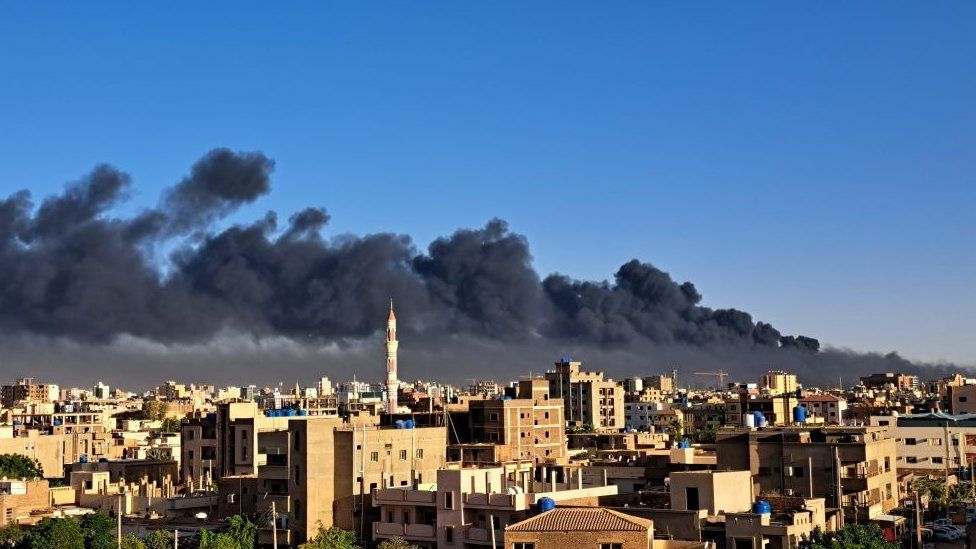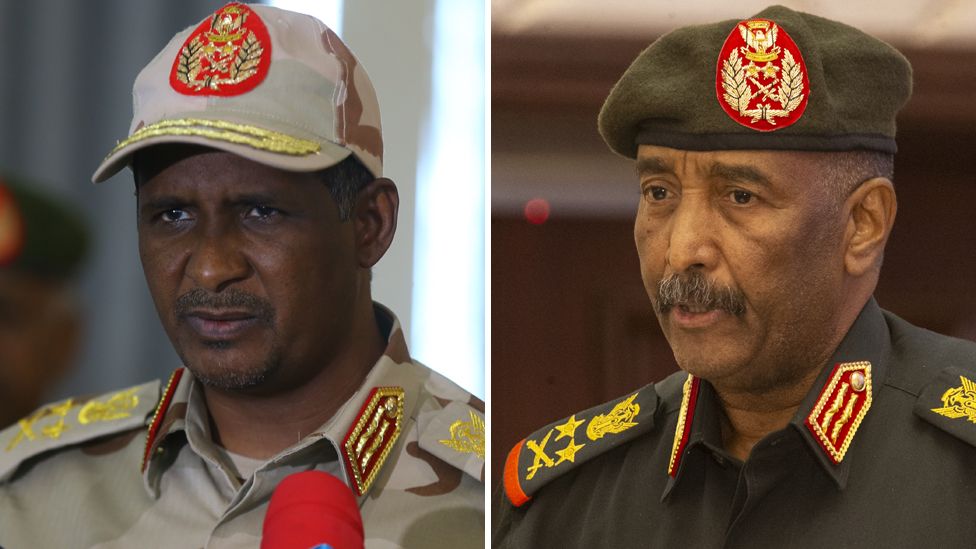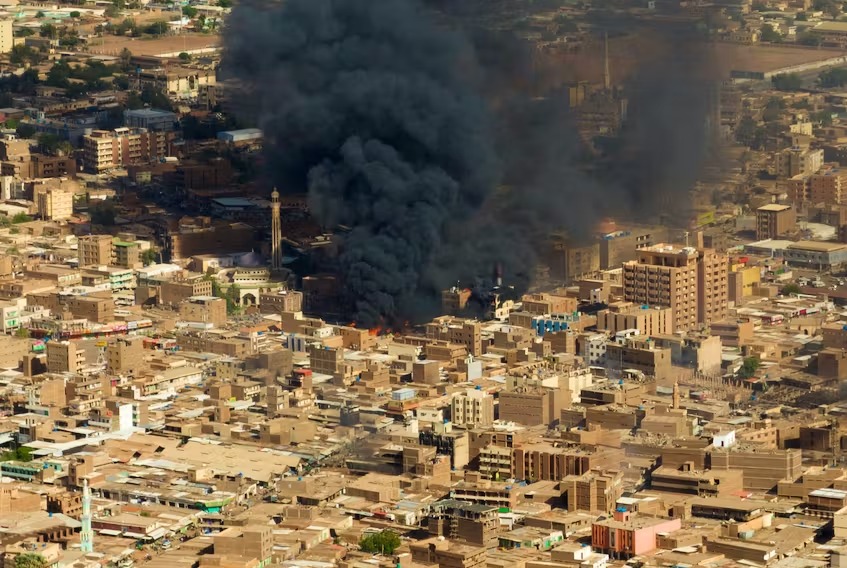According to the UN, more than half of Sudan's population now requires help and protection as civilians seek refuge from air strikes and periodic confrontations between opposing military factions in the Khartoum area.
Residents reported that power had been cut, food was sparse, and drinking water was scarce due to the violent power struggle, which is now in its second month despite international mediation efforts.
The United Nations appealed for $3 billion in aid, saying 25 million people needed assistance, the greatest number ever recorded in Sudan, while roughly 15 million needed assistance before the conflict.

Residents reported hearing anti-aircraft weapons and drones on Wednesday in the city, indicating that the confrontation between the Sudanese army and the paramilitary Rapid Support Forces (RSF) is far from over.
Did you read this?
Abbas al-Sayyed, 27, said they have been moving from one place to another in the last few days. He explained that There was no electricity, no running water, and even the bread they used to get in the early days of the war was no longer available, and they couldn't leave.
Residents said clashes persisted around Al-Jaili in Bahri, home of the country's largest oil refinery, and more violence was reported.
The army, led by General Abdel Fattah al-Burhan, has used air strikes and shelling to target RSF fighters under the command of General Mohamed Hamdan Dagalo, known as Hemedti, who are entrenched in Khartoum's residential neighbourhoods.

The army posted a video on Tuesday showing Burhan, clothed in army fatigues and carrying a gun, greeting troops at what looked to be the army headquarters in Khartoum. The footage could only be verified after some time by Reuters.
Across Sudan the war has displaced approximately 1 million across Sudan, with 220,000 fleeing to neighbouring nations. So far, talks in Jeddah mediated by the US and Saudi Arabia have failed to secure a cease-fire.
Last week, the parties agreed on a statement of principles on safeguarding civilians and permitting assistance supplies. However, procedures for humanitarian corridors and reaching a truce are still being worked out. Several past ceasefires have failed to bring the violence to a halt.
The situation is expected to be discussed during an Arab Summit held by Saudi Arabia on Friday. Sudan is anticipated to be represented by special envoy Dafallah Alhaj, with Burhan remaining in Sudan as the de facto head of state.









